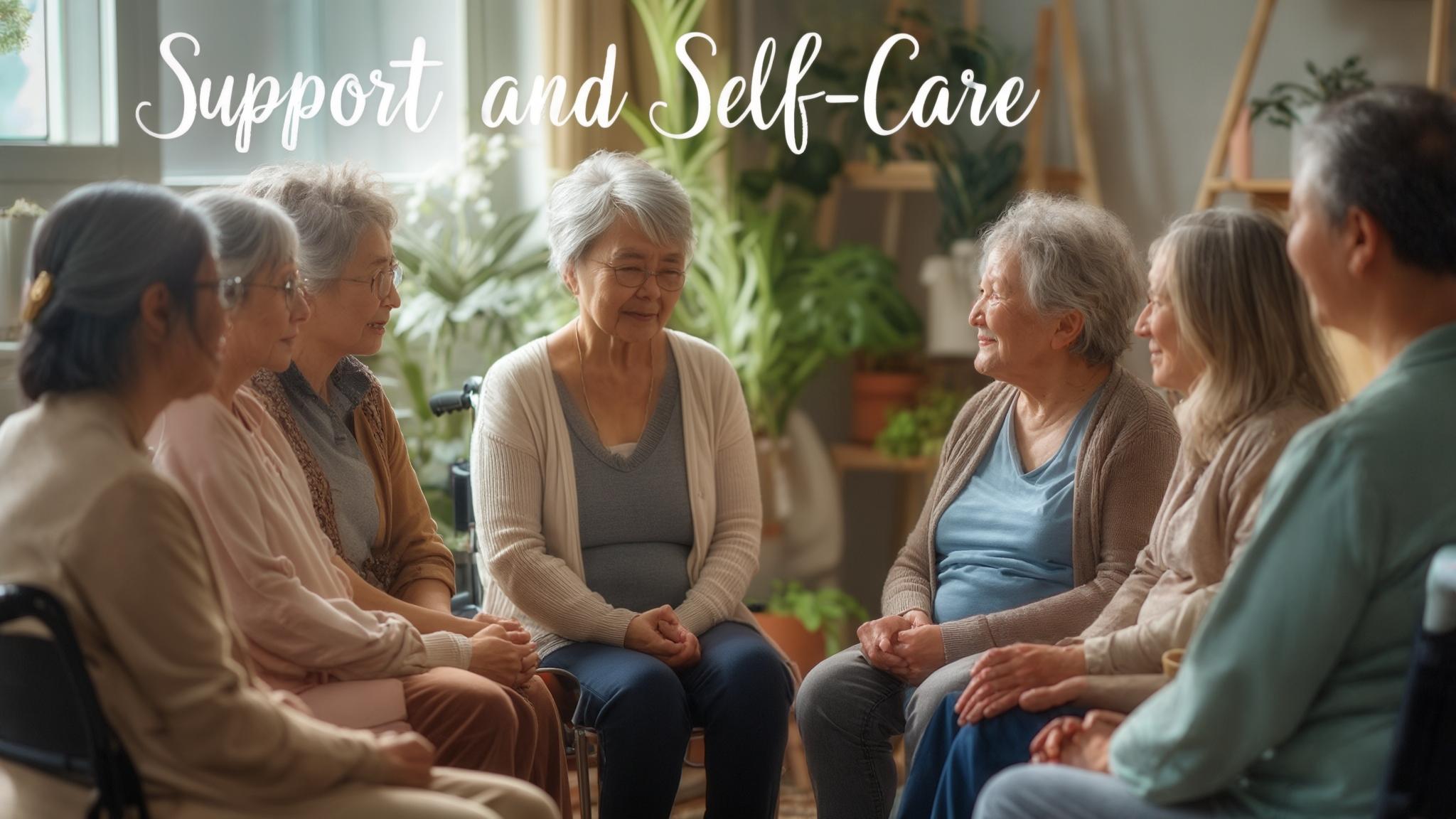I. Introduction
A. Definition of Group Therapy
Group therapy is a therapeutic practice where a small group of individuals, often with similar issues, gather and engage in guided discussions. The shared experience fosters a supportive environment, enabling participants to express feelings, explore solutions, and learn from each other's perspectives.
B. Importance of Caregivers
Caregivers play a critical role in society, providing support to family members, friends, or clients who are unable to fully care for themselves. Despite their vital contributions, caregivers often experience significant emotional and physical strains, such as stress, anxiety, and exhaustion. Recognizing their essential presence highlights the need for resources that cater to their mental and emotional welfare.
C. Purpose of the Article
This article aims to delve into how group therapy can be a valuable support system for caregivers. By emphasizing self-care, we will explore tools and techniques to help caregivers maintain their health while fulfilling their often demanding roles.
II. Understanding the Caregiver Experience
A. Definition of Caregiving
Caregiving encompasses a range of roles, including family members providing support for elderly parents, friends helping with disabilities, and professional caregivers working in healthcare settings. Each of these roles presents unique challenges that require patience, resilience, and emotional fortitude.
B. Common Challenges Faced by Caregivers
- Emotional Strain: Caregivers often encounter feelings of stress, guilt, anxiety, and depression as they navigate their responsibilities.
- Physical Health Issues: The rigors of caregiving can lead to fatigue and burnout, affecting physical health.
- Social Isolation and Lack of Support: The demanding nature of caregiving can limit social interactions, leading caregivers to feel isolated and unsupported.
C. The Importance of Self-Care
Self-care is the practice of taking an active role in preserving or improving one’s health. For caregivers, self-care is crucial to avoid burnout and ensure they can continue providing care; prioritizing personal well-being leads to better outcomes for both caregivers and those they assist.
III. Overview of Group Therapy
A. What is Group Therapy?
Group therapy can take various forms:
- Support Groups: Focus on sharing experiences and emotional support.
- Process Groups: Emphasize interpersonal dynamics and personal feedback among participants.
- Psychoeducational Groups: Provide information and education regarding issues affecting participants.
B. Benefits of Group Therapy
- Shared Experiences: Caregivers often feel isolated in their struggles; group therapy creates a space for connection, reducing loneliness.
- Emotional Expression: Participants can share their feelings, fostering validation and understanding.
- Learning Coping Strategies: Engaging with peers allows caregivers to discover new self-care techniques and support strategies.
C. Structure of a Typical Group Therapy Session
Sessions typically last between 60-90 minutes, occur weekly or bi-weekly, and may include discussions, skill-building exercises, and periodic check-ins to assess individual progress.
IV. The Role of Group Therapy for Caregivers
A. Creating a Safe Space
Establishing confidentiality and trust is key to the success of group therapy. Caregivers need assurance that their vulnerabilities will be respected and protected.
B. Facilitated Discussions
A trained therapist guides the session, ensuring everybody has an equal opportunity to participate while navigating sensitive subjects.
C. Sharing Experiences
Many caregivers find solace in sharing their stories. This not only fosters connection but also opens doors to greater understanding and empathy among group members.
D. Learning from Others
Caregivers can gain insights into successful coping strategies by learning from the experiences of others in similar situations.
V. Self-Care Strategies in Group Therapy
A. Identifying Personal Needs
Group therapy encourages caregivers to identify their own needs, understanding that self-recognition is vitally important in caregiving roles.
B. Stress Management Techniques
Techniques such as mindfulness, relaxation exercises, deep breathing, and practical problem-solving strategies can help caregivers manage stress effectively.
C. Setting Boundaries
Learning to say "no" is essential; caregivers must recognize their limits and prioritize time for themselves, ensuring they do not sacrifice their well-being for others.
D. Building a Support Network
Encouragement to expand beyond group sessions can help caregivers build a broader support network, connecting with others who understand their journey.
VI. Case Studies and Testimonials
A. Success Stories
Consider examples of caregivers who have settled into group therapy and emerged with renewed vigor and perspective on their roles. Studies show that caregivers experiencing group support report lower stress levels and improved emotional health.
B. Quotes and Testimonials
Participants often share how group therapy changed their perspective, such as, "I finally feel like I'm not alone in this journey. I’ve gained valuable tools that help me cope daily."
VII. How to Find Group Therapy for Caregivers
A. Resources for Locating Groups
Online directories, mental health organizations, community centers, and health services often provide listings of local group therapy options. Websites such as Psychology Today may also help find therapists specializing in caregiver support.
B. What to Look for in a Group
When seeking a group, consider the size, focus, facilitator qualifications, and group dynamics to ensure a good fit for your needs.
C. Preparing for Your First Session
New participants should anticipate a welcoming atmosphere and may consider reflecting on what they want to share or learn during their first meeting.
VIII. Conclusion
A. Recap of the Importance of Group Therapy for Caregivers
In summary, group therapy offers validation, connection, and coping tools. It serves as an essential resource for caregivers seeking both community and self-care techniques.
B. Encouragement to Seek Support
Caregivers are encouraged to embrace the importance of their mental health and actively seek out group therapy as a credible support option.
C. Final Thoughts on Self-Care
Ultimately, prioritizing self-care is not a selfish act; it is fundamental to maintaining the resilience necessary to be an effective caregiver.
IX. References
A. Citing Relevant Research and Literature
- Caregiver stress: research highlighting the emotional toll and effective interventions.
- The effectiveness of group therapy in facilitating group bonding among caregivers.
- Strategies for effective self-care practices in caregiving.
B. Additional Reading and Resources
- Books on caregiving, coping strategies, and the importance of mental health.
- Websites providing additional resources, support networks, and wellness techniques for caregivers.

